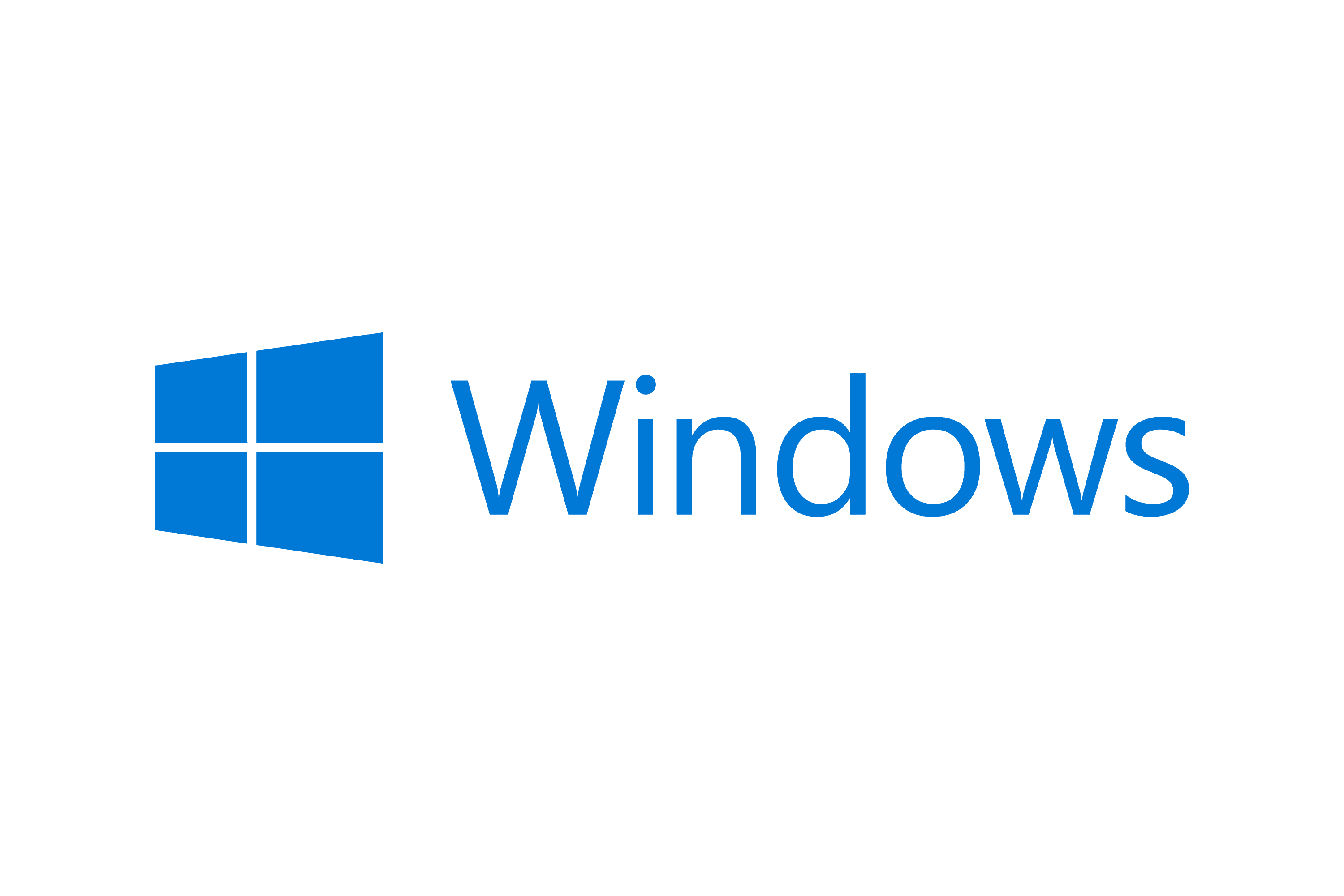Microsoft releases Windows 10, 11 cumulative updates; fixes 98 flaws, 1 zero-day this Patch Tuesday

Microsoft has released cumulative updates for different versions of Windows 10 and Windows 11. Windows 10 22H2, version 21H2, version 21H1, and 1809 will get the KB5022282 and KB5022286, while Windows 11 22H2 and 21H2 will receive KB5022303 and KB5022287. The updates tap different issues in the said systems, including bugs and vulnerabilities. The Redmond company has also addressed 98 flaws and one actively exploited zero-day vulnerability in this January 2023 Patch Tuesday.
The updates are mandatory and will install automatically, but users can do them manually by going to their Settings and clicking the “Check for Updates” option inside the Windows Update page. And since Microsoft took a small break during the holidays last month, these updates come with a very limited number of bug fixes. Nonetheless, both systems will get tons of security fixes for different vulnerabilities.
Some of the things fixed in these updates include the problems related to Local Session Manager, ODBC database connection failure, blue screen crashes with 0xc000021a errors and more. Unfortunately, two of the current issues within Windows 11 22H2 remain unresolved in this update. Particularly, these problems pertain to the failure in provisioning packages and decreased performance when copying large files over SMB.
On the other hand, Microsoft has also provided a fix for an actively exploited zero-day vulnerability in this January 2023 Patch Tuesday. Tracked as CVE-2023-21674, the vulnerability could give threat actors system privileges, which makes the update really important.
This Patch Tuesday fixes 98 vulnerabilities in total, which include 11 “Critical” ones. The breakdown comprises 39 elevations of privilege vulnerabilities, four security feature bypass vulnerabilities, 33 remote code execution vulnerabilities, 10 information disclosure vulnerabilities, 10 denial of service vulnerabilities, and two spoofing vulnerabilities.
Read our disclosure page to find out how can you help MSPoweruser sustain the editorial team Read more




User forum
0 messages